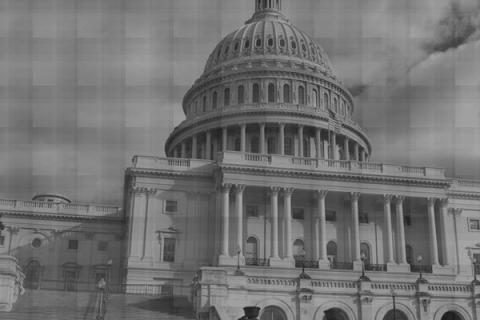Mired in a steep budget deficit, some California officials claim that legalizing marijuana could generate a significant revenue stream. According to the State Board of Equalization, marijuana sales would raise $990 million from a $50 per ounce fee and $392 million in sales taxes. A trio of Northern California criminal attorneys has already submitted a pot legalization measure to the state attorney general's office for consideration. If accepted, the measure would require 443,000 signatures to place The Tax, Regulate, and Control Cannabis Act on the November 2010 ballot. California voters could then decriminalize marijuana if they so desired.
For many, drug legalization is consistent with individual liberties and state rights. Some even view legalization as an antidote to a struggling, federal drug war. But, what's the real issue here? Is this yet another strategy by California lawmakers to forestall fiscal responsibility? California has already raised the income tax, sales tax, and vehicle license fees, yet these new taxes did nothing to alleviate a monstrous deficit. As painful as it may be in the near term, California would perhaps be better served by cutting out of control spending and borrowing, instead of creating yet another tax that proves insufficient in addressing a huge budget deficit long in the making. Such a fiscally conservative policy could lay the foundation for real growth and stability in future years.
